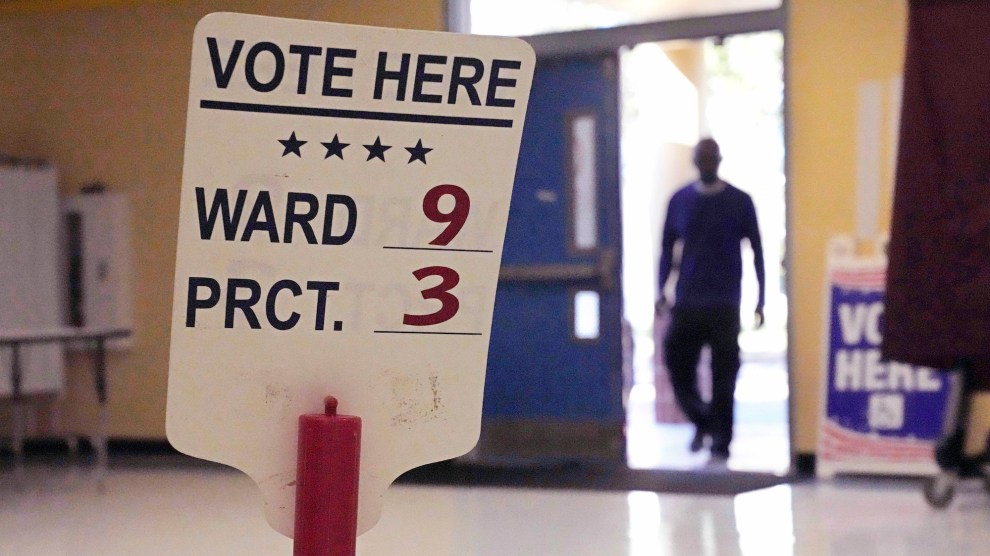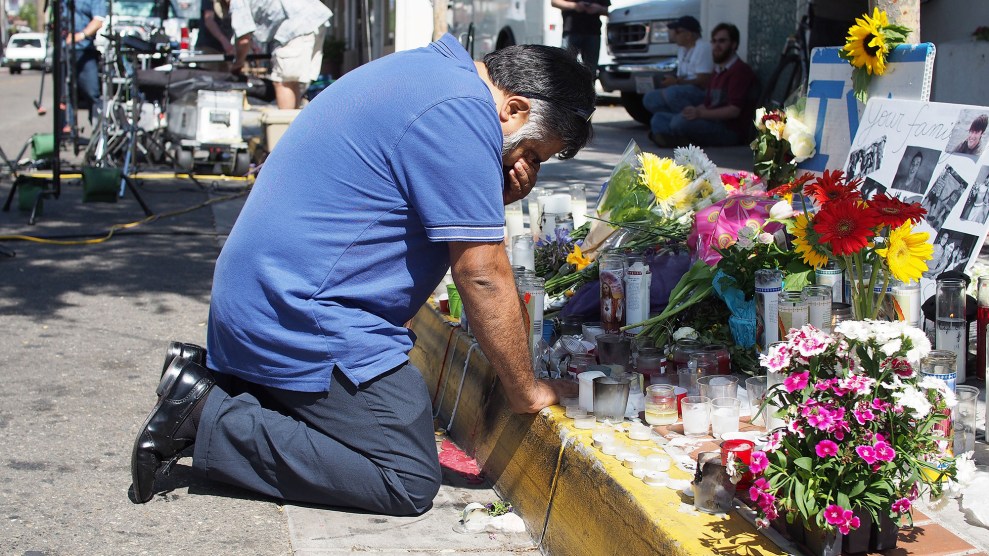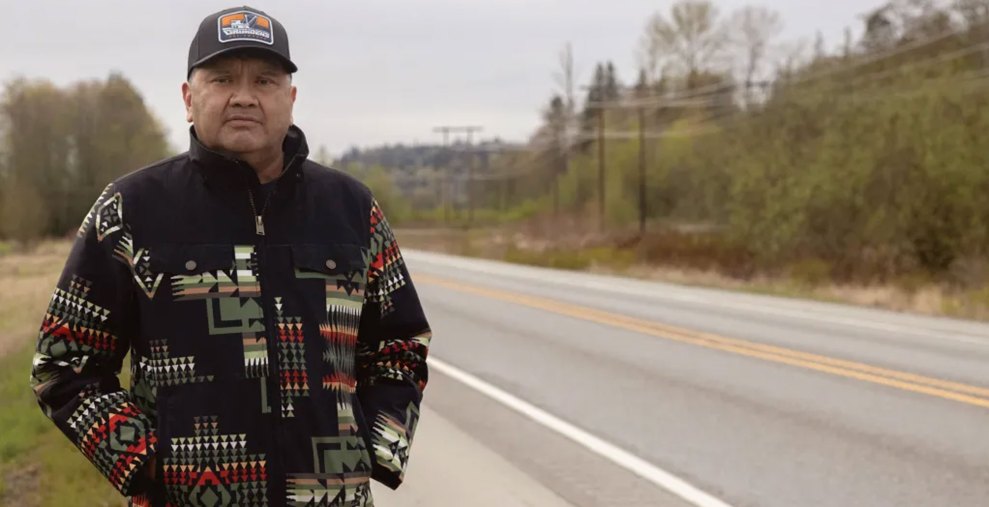When Barbara Schecter needed at-home physical therapy following hip replacement surgery in January 1997, her health maintenance organization, Kaiser Permanente, referred her to one of the nation’s largest home health care agencies, Olsten Health Services. An Olsten representative told Schecter the agency was overbooked and referred her to an independent physical therapist named Tony Derrick. Derrick worked with Schecter three times a week for four weeks, helping her climb stairs, get into her car, and walk down her driveway.
Schecter says her therapy seems to have worked out fine. But she was horrified when she learned that “Tony Derrick” was actually Tony Cannon, who—along with his wife, Diane—is now under investigation by the FBI and the U.S. Department of Health and Human Services. The Cannons allegedly posed as physical therapists throughout the state of Maryland and appear to have defrauded Medicare and private insurers of hundreds of thousands of dollars. (A spokesman for Olsten Health Services has declined to comment on the case.)
Although no exact figures exist on this type of fraud, experts say it represents a new type of health care scam—one that occurs in your own home.
As the population grows older and HMOs force patients to limit hospital stays, this type of abuse in the home health care business—the fastest growing segment of the health care industry—is likely to increase. But, so far, legal authorities have devoted only limited resources toward combating private insurance fraud.
The FBI would neither confirm nor deny the Cannon investigation, but Schecter and several other victims testified before a Maryland grand jury in January. And the state of Maryland successfully prosecuted Diane Cannon for fraudulently treating 19 patients. She is currently serving nine months in a Maryland county jail.
It’s not likely, however, that many scam artists like Diane Cannon will be caught: The investigators who targeted Cannon were part of a Justice Department program that funded fraud units in just three states—Maryland, Minnesota, and Wisconsin. Furthermore, funding for these units runs out this summer, and only Maryland has introduced legislation to continue financing the unit.
“Previous to this, private insurance cases wouldn’t have been handled as often,” says David Orbuch, who heads the Minnesota fraud unit. “We’re trying to look for additional sources of funding, but money is tight.” Others say private insurance companies could kick in the money. “There’s no reason why they couldn’t voluntarily give money for something like this,” says Barbara Oswald, who runs the Wisconsin unit.
That may be wishful thinking. According to watchdog groups, the costs will be covered by higher premiums or higher taxes. When it comes to home health care fraud, says Charles Inlander, president of the People’s Medical Society, “It’s the taxpayers who are being fleeced.”















